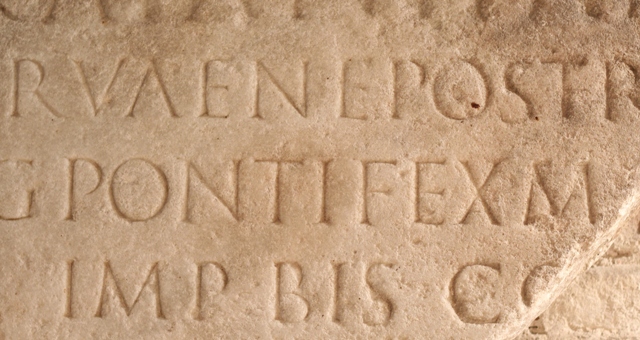

To a contemporary men and women religion seems to have more ‘an aura of old museum’ than practical relevance to everyday life. Does that ring true to you, too?
Would you agree that purpose of religion has been reduced to maintaining the long-lost meaning of rituals so that it provides us with the space to regularly get away from our daily routine? In the light of all this than, is it possible, at all, for religion to be vibrant, relevant and lively?
Furthermore, it often seems that committed believers instead of attracting people to faith put people off it. Often, this happens as the kind of faith they portray is a ‘rose tinted faith’ and because the kind of answers given to profoundly’ eternal questions’ seem very superficial. A critical thinker does not hesitate to voice these questions boldly and openly. Based on evidence with which he is left, he can easily conclude believers to be exclusive and selective and that religion is often times used as an excuse for intolerance and fundamentalism.
Is it therefore possible to have a more elevated and less superficial approach to religion? Is it possible to come to a non-selective understanding of religious sources?


There is a significant number of educated people who have grounded their faith in their theological tradition, and who at the same time cultivate respect and tolerance towards other traditions and beliefs. Unfortunately, their contribution is often times insufficiently understood by those who do not belong to the circle of individuals closely related to their scope study of theology, culture, religion, ethnology.
